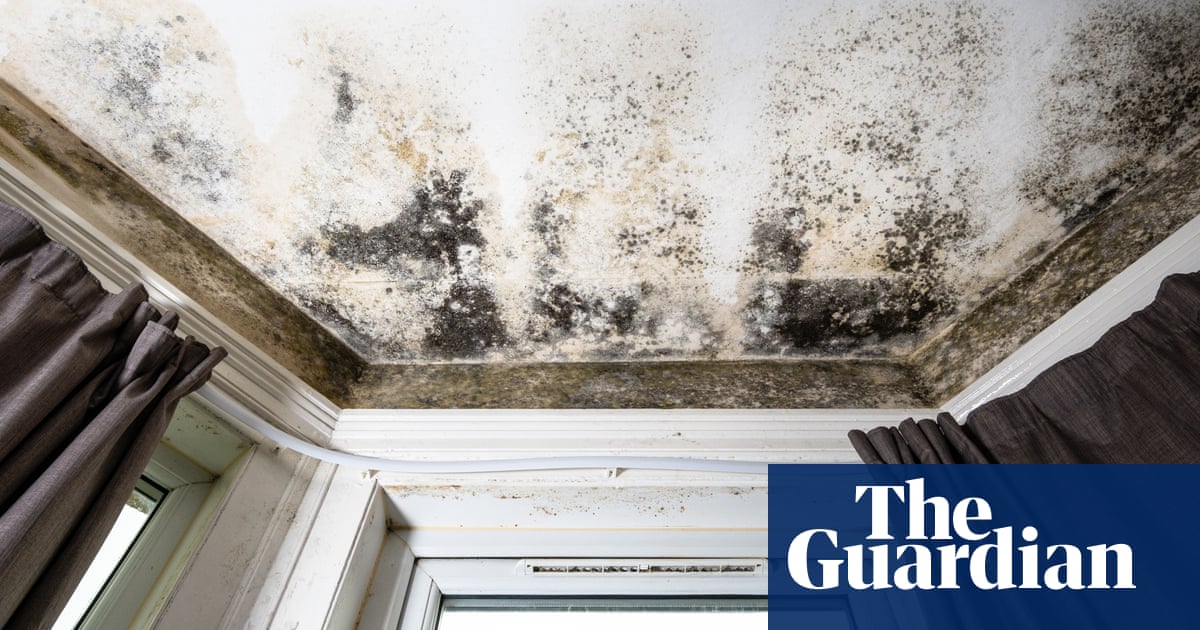
lder, Brexit-supporting men who live outside London are really unhappy with the BBC. A survey commissioned by the Times first said so, followed earlier this week by Lord Botham, writing in the Telegraph on behalf of “country people” fed up with the “woke” BBC. “There is another unaccountable institution that Britain got fed up with,” he warned. “The European Union and its officials in Brussels made the mistake of thinking that we would always grin and bear it.”
There has long been an alignment of interests between those who despise the EU and those who despise the BBC for its publicly funded journalism. This confluence has also been demonstrated by British newspaper owners and their editors; now two new television ventures are providing a fresh outlet.
In the coming weeks, Rupert Murdoch’s News UK, owner of the Times and other papers, will reveal plans for a livestreamed “alternative” to existing TV news. Last week GB News, led by the former BBC presenter and Sunday Times editor Andrew Neil, announced funding for its new 24-hour channel to serve the “vast number of British people who feel underserved and unheard” by existing television news channels.
Much ink has been spilled over what this potential Foxification of the airwaves will do without much thought for the fact that the culture war over Britain and its place in the world has already been led by the UK’s rightwing press, most of which is owned by Rupert Murdoch and other Brexit-backing billionaires. The differences with the US are many, from the expectation of impartiality on TV, governed by regulation, to a print media that is far more opinionated than its US counterparts.
What both countries share, however, is the tendency for the biggest billionaires to claim they speak on behalf of so-called ordinary people. Indeed, one of the ironies of this battle for the hearts and minds of the British television viewer is that many of the BBC’s bitterest critics live so far outside the south-east of England that their main residence isn’t even in the UK.
The Australian-born American citizen Murdoch is at least now living in Oxfordshire with his fourth wife, Jerry Hall. The owner of Legatum, the investment firm that stumped up some £20m to become co-lead investor in GB News, is the New Zealand-born, Dubai-based Christopher Chandler. The US media group Discovery Inc is the other co-lead investor. Its significant shareholder is John Malone, the libertarian and erstwhile Murdoch cable rival.
Neil intends GB News to be “proudly independent and fearless in tackling the issues people care about, especially in communities outside London”. It is true that the BBC does have a satisfaction problem (relatively speaking) among those licence-fee payers who live outside the wealthier, more diverse parts of the UK. The BBC’s internal research and that of the media regulator, Ofcom, suggests that people from poorer, less-diverse communities get less satisfied the farther they live from the south-east, with this process culminating in some resentment in Scotland.
Despite this, more than 90% of the population still use BBC news. What’s more, 78% believe it is high quality, while 71% say it is trustworthy. Those are far higher figures than for any newspaper and particularly the tabloids such as the Express and Mail, which have long been the BBC’s sharpest critics.
Decent, accurate journalism costs money, and GB News’s £60m war chest will allow chairman Neil to hire 140 staff members, most of them journalists. The buzz that comes with a new venture has much currency and Neil, a canny and hugely experienced journalist himself, will hope for access despite his own criticism of the prime minister for not turning up to his BBC show.
It is not yet clear how closely the new players will abide by the spirit of Ofcom’s impartiality rules, which allow for fines and indeed outright bans for real transgressions. But if timing is all, the timing of this is dreadful, coming as it does after rightwing US broadcast media have been partly blamed for stoking the fires of populist dissent to such an extent that last week a Donald Trump-supporting mob carved “Murder the Media” into a door in the US Capitol.
Neil has indicated that he will not be looking to ape Fox News. The smart money is on the sort of combative “newstainment” often heard on LBC radio with a roster of presenters from all political stripes. Piers Morgan is said to have been courted by News UK, given the way his Marmite presentations have led to increased figures for ITV’s GMTV.
The older, male critics the BBC needs to be most worried about, of course, are those in government who have taken to calling it “the Brexit-Bashing Corporation”.
The danger is not that the UK may grow to enjoy opinionated news presenters, but that a still-powerful press culture and shouty television news will leave too little room for an organisation that depends on universality to survive. The BBC may well become so cowed by attacks loud and silent that it is no longer able to grin and bear it.
• Jane Martinson is a Guardian columnist












